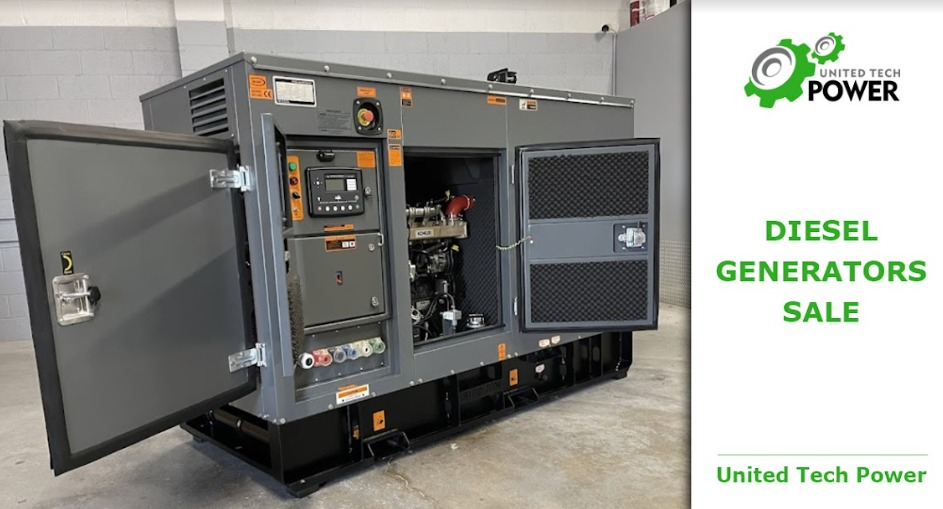When we do not have access to the public electricity network, either due to a system failure or because we are in distant places without supply, having an autonomous source of energy is essential. Yet, before choosing the right one for you, you need to learn more about Diesel Generators.
How to choose a generator?
When you are looking for a silent diesel generator for sale, there are several important factors to consider.
Operating hours
Determine the number of hours you will have the generator running. If it is sporadically and never more than 8 hours in a row, 3,000 r.p.m. (revolutions per minute) is enough. If it is going to be in operation for many hours and continuously, you will need 1,500 r.p.m.
Equipment supply
Calculate the number of lights and electrical equipment you want to supply with the generator. You need to know the nominal and maximum power of this equipment.
Rated power
It indicates the constant energy necessary to keep the equipment operating. However, in addition to it, when choosing a generator, the maximum power must also be considered.
Maximum power
Corresponds to the energy demanded by electrical devices when starting their motor, a stage in which the energy requirement increases compared to when they are in use.
How to calculate the maximum power?
To establish the maximum power, add the devices with a motor that will be supplied by the generator, determine the nominal or constant power that they will require, and then double said values. The home, industrial or rooftop generator must meet the nominal or constant power requirements, plus the maximum power aggregates and, ideally, be a little over that range.
Fuel type
Choose between the type of fuel or energy that will run the generator, the most common are gasoline or diesel. Gasoline generators have their best performance in use under three continuous hours. Instead, those that run on diesel can be used for longer periods.
Where to use electric generators?
Diesel generators have a variety of uses:
- In agribusiness they are used in pumping and support stations to dry seeds.
- They are used commercially as an alternative energy source in case of blackouts.
- In houses they supply the basic needs of lighting, ventilation, cooling, etc. in case of power outages.
- In construction, they facilitate the work of extracting air, supporting motor pumps and automating certain processes.
What is a common problem with diesel generators?
Recommendations for maintenance
Here are some tips for maintenance of generators:
- Be sure to turn off the power before setting up the generator, and unplug any connected appliances.
- Run the generator outside and as far away from structures as possible. Never turn it on indoors.
- Do not expose the generators to moisture, rain or snow, because electric shocks or short circuits may occur during use.
- Do not overload the generator, since an extra load will damage the appliances and can cause a fire.
- Turn off the generator and let it cool down before refueling it. Do not spill fuel on a hot generator, as this will cause a large explosion.
- To reduce the high noise produced by the diesel generator, it incorporates a soundproof hood with noise levels of 68 to 72 DB(A) at 7 meters.
- The generator must be grounded to prevent electrical equipment powered from causing electric shock.
Read Also: THINGS NEED TO KNOW BEFORE BUYING A DIESEL GENERATOR


